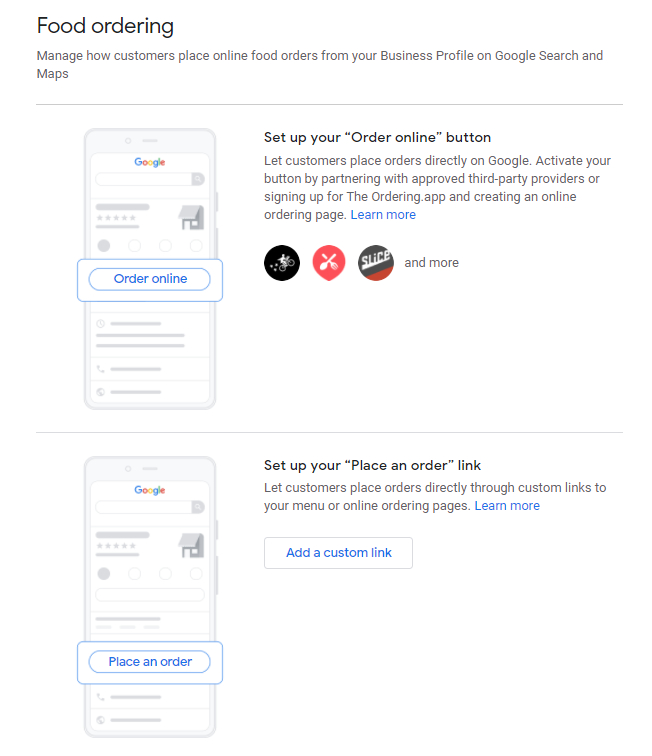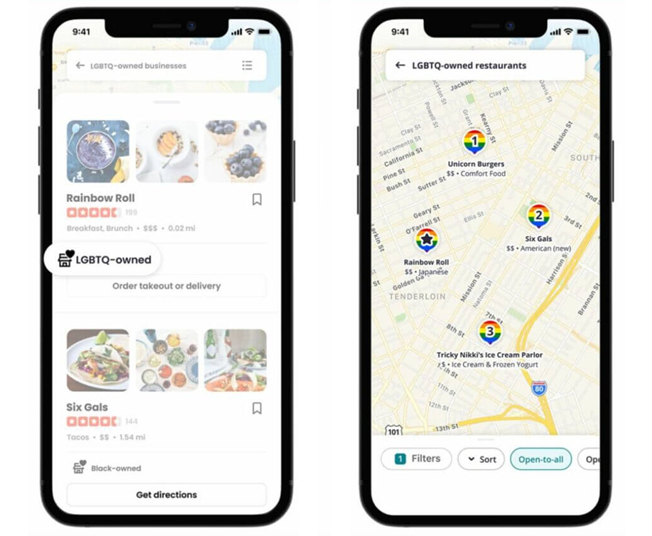Warmer weather, relaxed restrictions, and a series of updates and upgrades in local search—it’s fair to say that May 2021 had a little bit of everything. Let’s take a closer look at the changes that matter to brick-and-mortar businesses everywhere.
Google’s May 22 algorithm update
The month of May was saturated with algorithm updates with minor changes detected on May 1, 7, 9, 13, 16, and 20—all culminating in a larger update on May 22.
Google didn’t announce any specific industries targeted by these algorithm tweaks, and the search giant itself may not know exactly what impact its changes will have. That’s why local search experts need to keep their ears to the ground and monitor fluctuations in rankings themselves, determining if a ranking changes are due to Google updates or resolvable issues with their optimization strategies. The local search ecosystem is always going to require specialists to monitor and respond to it.
As usual, there isn’t a prescribed course of action when ranking algorithm updates go live. Instead, it’s a continuing exercise in SEO best practice. This update may, however, explain any unusual local ranking changes you experienced in May.
Google upgrades local food ordering
Depending on their location, restaurants are starting to see a new “Food ordering” tab in their Google My Business (GMB) dashboards. As with some other specialized GMB tabs, such as Bookings and Products, the new tab consolidates new and existing tools that help restaurants manage food ordering options in their Search and Maps results.
These tools include: an on/off toggle for the “Order online” button; a table that allows users to set preferred providers for pickup and for delivery; a field for entering the restaurant’s own ordering link to be displayed as a “Place an order” button; and a prompt to help restaurants set up online ordering directly from their Google profiles, powered by Google-owned TheOrdering.app

Several of these features are new. For instance, restaurants did not previously have the ability to select preferred providers for pickup and delivery—and had no control over whether or not to display the “Place an order” button. There was a basic toggle in the Info tab that allowed restaurants to turn food ordering on or off, but they now have much more control than they did before. The workflow for setting up TheOrdering.app is also new, and although Google currently charges no fees for the service, it will start charging 1.5% per order in 2022.
Place Action URLs—Google’s term for URLs in the business profile that allow users to take some sort of action—will continue to be managed in the Info tab for the most part, including URLs for food ordering. The “Food ordering” tab, instead, is more about controlling the behavior of ordering buttons as opposed to secondary URLs.
GMB adds new attributes and a new category
Google added a host of business attributes to GMB in May, including “wheelchair accessible entrance” and Earth Day-focused attributes to let customers know which types of recycling are available at a given location, such as clothing, electronics, batteries, household hazardous waste, light bulbs, glass bottles, and plastic foam.
There was also a new business category introduced: “American grocery store”. Given the very specific nature of this business category, it should be obvious which businesses should add it to their GMB profile. In fact, all non-specialized chains in the US will fall under this category. Outside the US, American-specific grocery chains now have a highly distinguishing category to use.
Some business owners may not think it’s worth the effort to target hyper-specific queries, but users searching for businesses with specific attributes and categories are high-intent consumers. Deploying all relevant attributes and secondary categories on your business listings allows you to cast the net wide at the local level. More importantly, countless Google searches include criteria to find local businesses that are green, accessible, women-led, and so on. By simply selecting the right attributes and categories, you will become visible to customers that may never have noticed you otherwise.
Facebook introduces “Neighborhoods”
Nextdoor, a website where “communities come together to greet newcomers, exchange recommendations, and read the latest local news”, has made steady gains in the local search ecosystem recently. But now it appears that Facebook is planning to put a kibosh on this competitor before it gains any more ground.

Image: Facebook
In an effort to emulate Nextdoor’s distinguishing features, Facebook has introduced Neighborhoods. Without having to visit a separate site like Nextdoor, Facebook users can now join discussions with other users who live nearby. Facebook, with its pre-installed user base, now allows its users to create Neighborhood profiles separate from their main profiles.
Why should businesses care? Because the recommendations feature in Facebook Neighborhoods lets users share suggestions to their neighbors about places and businesses to visit. For instance, users seeking local recommendations about something specific can post polls for other people in their neighborhood to vote on. Of course, all local businesses should already have a local Facebook profile with corroborating information from GMB. If your business doesn’t, consider this update a timely reminder.
Yelp unveils updates to celebrate Pride Month
In preparation for Pride Month in June, Yelp has made several additions to its attributes, including “LGBTQ-Owned” and “Open to all”. Throughout Pride Month, business with these attributes will be highlighted with a rainbow-colored map pin on Yelp.

As we saw with Google’s new recycling and accessibility attributes, users searching for businesses with very specific qualities are high-intent consumers—and there is no reason not to accommodate the customers that wish to support you. On Yelp during Pride Month specifically, businesses that have these rainbow pin drops will draw the eye far more than those with the standard red or grey. Celebrate Pride Month by taking advantage of the benefits attributes offer.
Want to get ahead—and stay ahead—in the fast-moving world of local search? Whether you have a handful of locations or an international footprint, we’ll help you reach the right people with the right message at the right time. Let’s talk.




